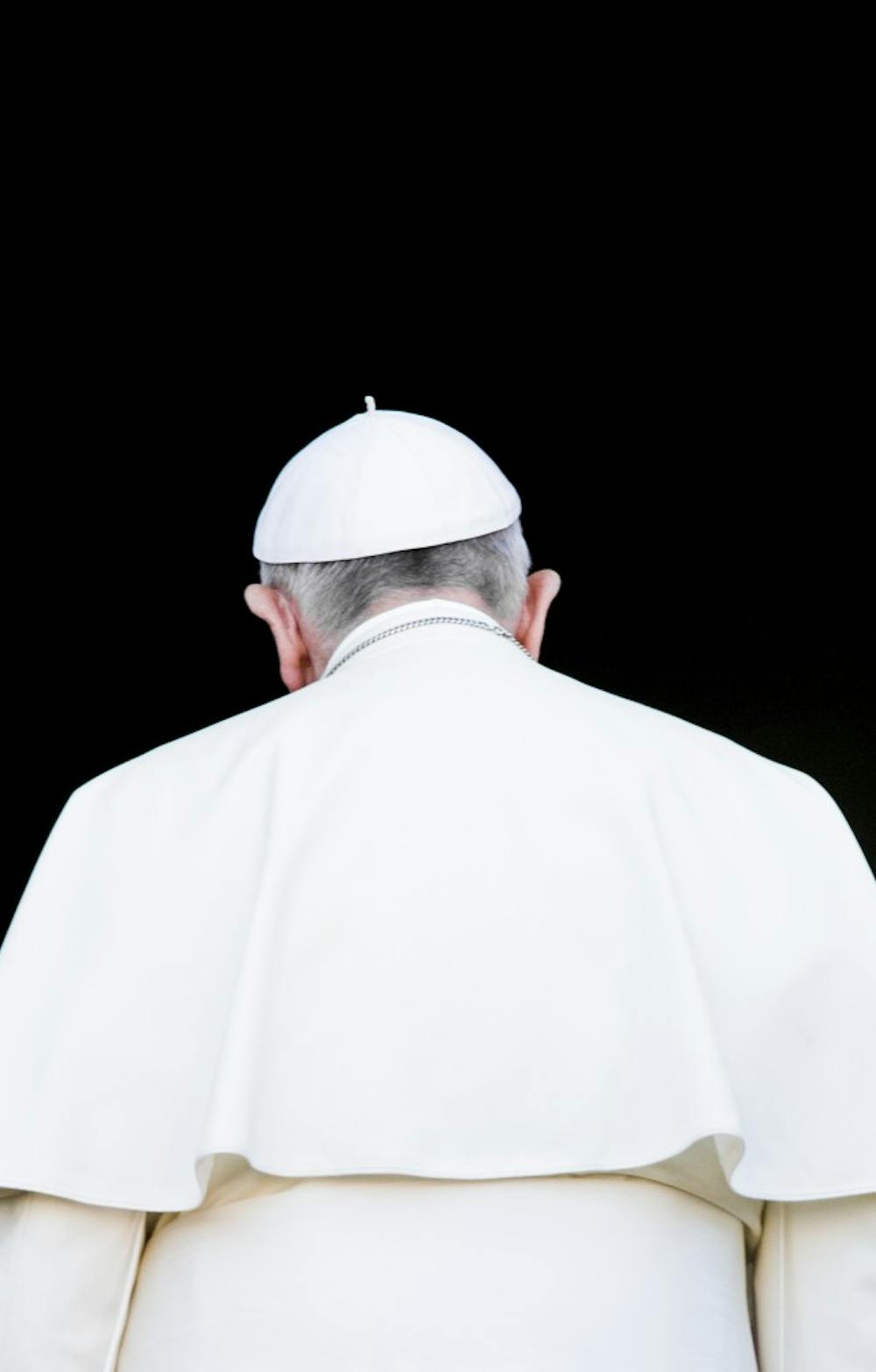Pope Francis delivered his encyclical letter, the most formal of papal edicts, “Laudato Si: On Care of Our Common Home,” in June of this year unto 1.2 billion Catholics. The other six billion non-Catholics in the world could very well have passed over “Laudato Si” like Pope Francis’ first encyclical two years prior. Instead, His Holiness desired to “enter into a dialogue with all people about our common home.”
In the ensuing 184 pages of the encyclical, Pope Francis laments, “The earth, our home, is beginning to look more and more like an immense pile of filth… We have forgotten that ‘man is not only a freedom that he creates for himself. Man does not create himself. He is spirit and will, but also nature.’ The ethical and spiritual roots of environmental problems require that we look for solutions not only in technology, but in a change of humanity; otherwise we would be dealing merely with the symptoms.”
If it sounds like Pope Francis is fervent in his writing, it’s because he is. The issue of climate change has always been a battleground between logic and emotion. Scientists fight big business. Activists fight deniers. Government regulators fight protectors of individual freedom. But none are allowed to ally. Scientists cannot condone the practices of environment fanatics, because it would discredit the hard science. Conservatives cannot align with protesters for fear that regulations could snowball.
And like criticisms of most fanatics, some believe that Pope Francis shouldn’t venture outside the believed scope of the Catholic Church. Or in the words of Rick Santorum, leave the “science to the scientists.” The problem is that those in power aren’t the only ones responsible, and the scientists can’t be the only ones to find a solution.
As Pope Francis states, the deterioration of the Earth stems from our “throwaway culture,” our exploitation of our dominion and our ignorance. In essence, it is the choices that every single individual makes every day that give the corporations and politicians affirmation to continue on the same path until there is no turning back.
We can see the evidence for ourselves on our streets. Couches and mattresses and hardly-used furniture are thrown onto the sidewalks. And the effects of our affluence that are hidden from us, in the landfills miles away, or in the invisible toxicity of the water, are inescapably present a few countries away. Like Senator Jim Inhofe bringing a snowball into Congress, we as a culture are in a snowglobe-like vortex of ignorance and denial of our own individual contributions to the problem. Because it is simply too inconvenient for us to take responsibility or to even go without. Or worse, we choose not to think about it.
It’s easy to ridicule the bleeding hearts because we know ignorance is an acceptable shield from blame. But we no longer have the excuse to be ignorant.
Pope Francis wrote in “Laudato Si” that fixing the earth is a crusade of the young. An overwhelming majority of millennials believe climate change is a scientific fact, and that humans are to blame. The successful efforts of big individuals, like Pope Francis’ encyclical, Neil deGrasse Tyson’s “Cosmos,” and President Obama’s Clean Power Plan, are testaments to our approval. But rarely do we evaluate ourselves. We place blame on those that have a perceived control over us. Our behaviors, however, are not the involuntary acts, but ethical and moral decisions, religious or otherwise, that create ripples.
Being better is as simple as educating yourself, understanding the world around you, thinking critically about options, committing to change, and investing in a better future. Because we shouldn’t, and probably can’t afford to push the change onto our children, like it has been pushed onto us.
__________________________________________
This article is part of the Campus Green Guide, a free custom publication of Ball State Unified Media.





